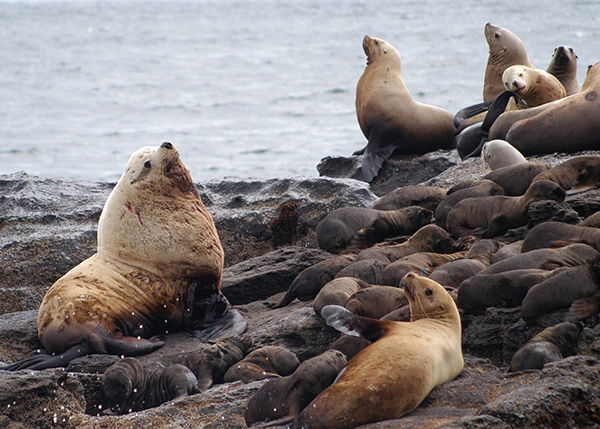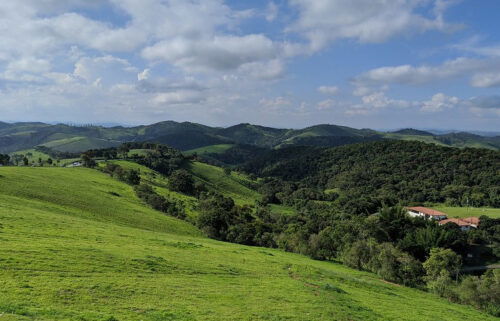ODFW awarded federal grant to study, find proactive solutions to marine mammal disease threats

CORVALLIS, Ore. (KTVZ) – Last year, Oregon's marine mammal stranding network documented over 150 sick or dead sea lions on the coast, with wildlife veterinarians confirming leptospirosis in all seven of the animals sampled and tested.
This naturally occurring bacteria is zoonotic meaning it can also infect people and put dogs, livestock, and other wildlife at risk. Leptospirosis is an ongoing problem throughout the West Coast where California sea lions and Stellar sea lions live.
The Oregon Department of Fish and Wildlife recently received a $790,000 U.S. Fish and Wildlife Service grant to study this and similar zoonotic diseases in marine environments. The grant also creates the Eastern Pacific Marine One Health Coalition for the marine mammal health community to connect, partner, and share information and data.
"We need to address wildlife disease threats before they cross the line from animals to humans and become pandemics," said Dr. Julia Burco, ODFW wildlife veterinarian and lead investigator on this project.
Burco highlights a recent example of this with avian influenza.
"This new strain of highly pathogenic avian influenza virus that's been moving widely throughout wild birds and backyard poultry flocks is now starting to cause notable mortalities in some marine mammals in other parts of the world such as Caspian seals, Peruvian sea lions, and New England harbor and grey whales," Burco said.
Burco believes the Coalition's diverse experts and members will help ODFW tackle complex marine animal health issues in the Eastern Pacific – some of which have the potential to affect people – and help wildlife through early detection and fast response to outbreaks.
The Eastern Pacific Marine One Health Coalition recently held its first of two annual workshops with the hope of these continuing beyond the grant funding timeline.
The group began working on ways to effectively share information, samples, and expertise. This will help create long-term datasets and encourage working together to understand critical issues such as the impacts of people and climate change on marine mammal health in the Eastern Pacific
Project partners
Project partners are the Washington Department of Fish and Wildlife, UCLA and EpiEcos.
WDFW is heavily involved in establishing the Coalition and regional zoonotic disease surveillance in marine mammals. UCLA investigator Dr. Katie Prager is an expert on the dynamics of leptospirosis in the marine ecosystem, disease ecology, and marine mammal health in general. EpiEcos investigator Dr. Terra Kelly is giving her expertise on zoonotic disease surveillance and data use to boost early disease threat detection.
The coalition includes academic researchers, state and federal agencies, public health entities, the marine mammal stranding network, and nonprofit organizations engaged in marine mammal health, stranding response, management, and research.
The USFWS grant runs through October of 2024.



